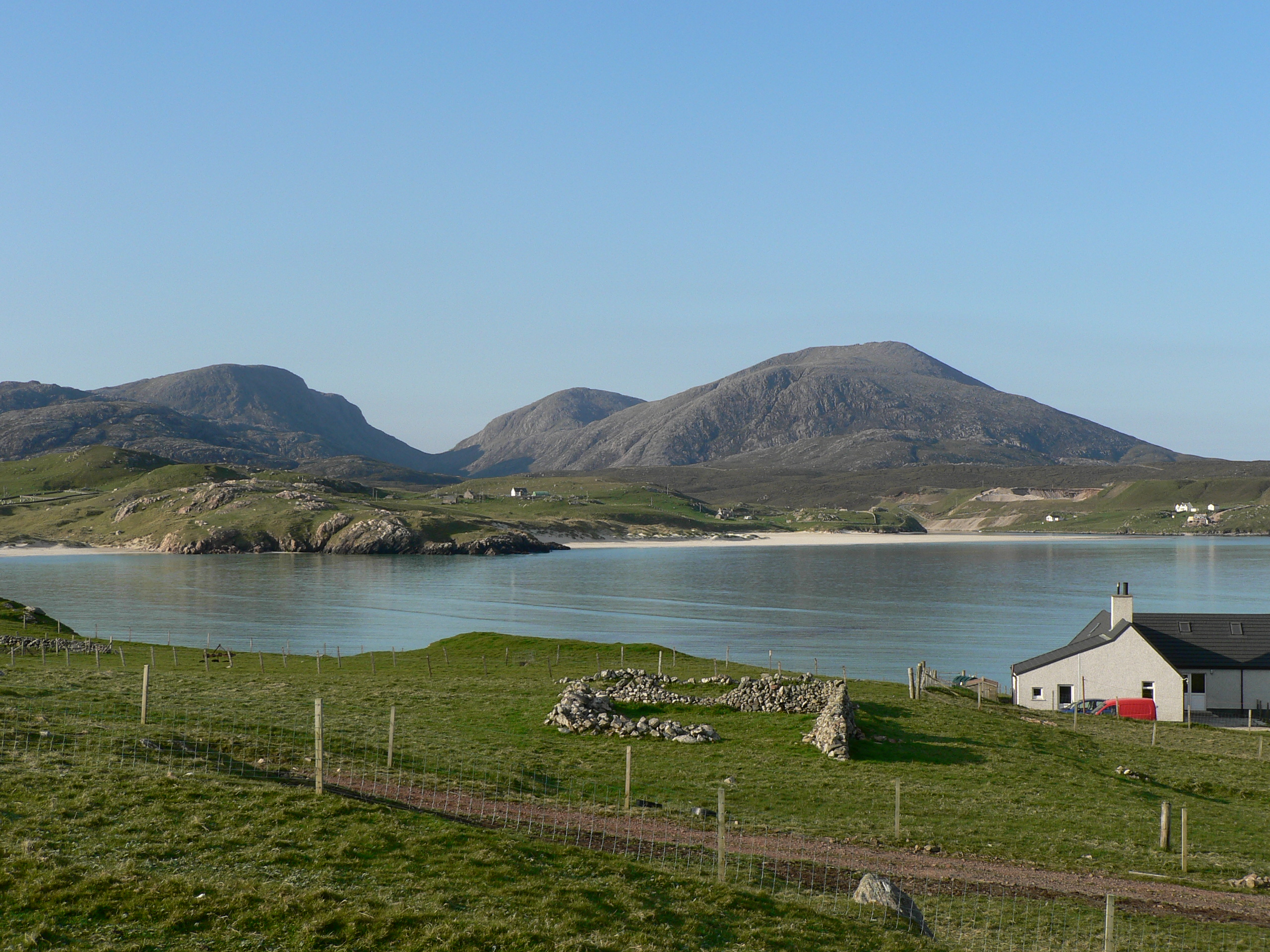The Origins of the Macaulays of Uig
From Rev William Matheson, Mac Gille Chaluim, in his Families of Lewis series in the Stornoway Gazette:
Most West Highland clans have to go back some seven hundred years to find their eponymous ancestor. If the Macaulays of Lewis conform to this pattern, we should look for the original Olafr or Aulay about the beginning of the thirteenth century, when the Hebrides were still under Norse domination; and it is a fact, as we know from the Chronicle of Man, that one so called had close connections with Lewis at that time – no less a person than Olaf the Black, who in later years was to become King of Man and the Isles. It is not therefore surprising that Dr George Mackenzie who was doubtless acquainted with the Chronicle of Man as abridged by Camden, makes Olaf the ancestor of the clan.
It is possible that Olaf the Black left descendants in Lewis, but there is no real evidence on the point. There was a tradition among the Macaulays in Uig that they were descended from Magnus, King of Norway, while in Lord Macaulay’s [Thomas Babington Macaulay, 1800-1859, historian and politician] family a similar tradition gave the name as “Olaus Magnus, King of Norway”. The occurrence of the name Magnus may be of significance, for Olaf the Black did, in fact, have a son so called.
We have another tradition however, which is entitled to respect as being two hundred years older – that of John Morrison of Bragar, whose mother was a Macaulay. According to his account, the Macaulays were descended from “Iskair Macaulay ane Irish man”.
We note that here there is no reference to a royal ancestry. Iskair stands for Sgaire, a name peculiar to the Macaulays of Lewis, and not unknown among them even today. It has been anglicised by making use of the Biblical Zachariah or Zachary.
We know little about this name. One occurrence of it other than among the Macaulays is that in Bragar there is an old chapel, presumably pre-Reformation, called Cill Sgaire. It is believed that the name is of Norse derivations but no Norse personal name has so far been produced which would give Gaelic Sgaire. There is, however, a possibility that it is the word for a young seamew (“skari”, whence Gaelic “sgaireag”) and that, applied to a man, it began as a nickname.
However that may be, John Morrison has given us what may well have been the first two names in the traditional genealogy. His idea that the clan was of Irish origin may simply have been an inference on his part from the fact that, as we have seen, many families in Ireland were known by surnames corresponding more or less to Macaulay.

